Balancing JEE preparation with the demanding schedule of PU college can seem overwhelming at first, but with the right approach, it’s not only manageable—it can be highly productive. Many successful aspirants have achieved top ranks while attending regular PU classes, thanks to disciplined time management, intelligent prioritization, and the guidance of a well-structured coaching model like Deeksha Vedantu’s. This guide walks you through the step-by-step strategies to help you handle both academic streams efficiently.
Understand the Overlap Between PU and JEE
The first step in effective planning is realizing that the Karnataka PU syllabus and the JEE syllabus have significant overlap. Leveraging this overlap can reduce workload and help you revise more smartly:
- Most Physics, Chemistry, and Mathematics topics covered in PU also appear in JEE, though the level of application may differ.
- While PU focuses more on theoretical understanding and board-style descriptive questions, JEE emphasizes application and problem-solving.
- Strengthening your board subjects will naturally support your JEE preparation if studied with an analytical mindset.
Create a Realistic Weekly Plan
One of the most crucial elements of balancing PU and JEE prep is to create a flexible yet structured weekly schedule. This plan should prioritize daily learning, review, and regular testing without causing burnout.
Monday to Friday (College Days):
- 5:30 AM – 6:30 AM: Morning revision of previously covered concepts
- 6:30 AM – 7:30 AM: Quick problem-solving drills (15 MCQs from previous topics)
- 8:00 AM – 4:00 PM: College hours (with active listening and short note-taking)
- 4:30 PM – 6:00 PM: JEE-specific study session (alternate between PCM subjects)
- 6:30 PM – 8:00 PM: Board exam-focused revision + Homework
- 8:30 PM – 9:00 PM: Concept reinforcement with flashcards or summary notes
Saturday & Sunday (Revision + Testing Days):
- Morning: Take one full-length JEE-level test or two subject-specific mock tests
- Afternoon: Review test answers, identify recurring mistakes, and mark weak areas
- Evening: Cover untouched or backlogged PU topics and do advanced problem practice
Set Daily Micro-Goals for Maximum Focus
Micro-goals are bite-sized targets that help you achieve consistency. Instead of general goals like “study Physics,” define tasks clearly:
- Solve 20 MCQs on Newton’s Laws from a JEE workbook
- Revise and memorize chemical equations from the Redox chapter
- Complete derivations in Electrostatics
- Watch 1 concept video on Integration from Deeksha Vedantu LMS
These tasks should be SMART: Specific, Measurable, Achievable, Relevant, and Time-bound.
Use the Right Resources Without Overloading
Too many books or reference materials can distract you from the core syllabus. Stick to:
- NCERT Textbooks: Especially important for Inorganic Chemistry and theory-based concepts
- Deeksha Vedantu JEE Modules: Tailored for concept clarity and advanced level problem-solving
- Previous Year Questions: Solve at least 10–15 PYQs every week from each subject
- JEE Mains/Advanced Mock Tests: Schedule bi-weekly tests to simulate exam conditions
- Deeksha Vedantu LMS: Access to interactive content, short videos, concept maps, and progress tracking
Apply the 3R Strategy: Revise, Reflect, Repeat
Effective learning is not just about covering topics but deeply retaining them:
- Revise Regularly: Set aside at least one day a week (preferably Sunday) to revise everything covered during the week.
- Reflect on Errors: Maintain a ‘mistake journal’ and record the reasons behind incorrect answers. Categorize them as conceptual errors, silly mistakes, or skipped steps.
- Repeat the Process: Re-attempt problems you got wrong after a gap of 3–4 days to test retention and correction.
Deeksha Vedantu’s Integrated PU + JEE Coaching Model
Deeksha Vedantu’s educational framework is built specifically to address the needs of PU students aiming for top performance in competitive exams like JEE. Unlike traditional coaching, Deeksha Vedantu doesn’t separate your PU studies from JEE coaching—instead, it integrates them.
Why Deeksha Vedantu’s Model Works:
- Unified Timetables: Your class schedule is designed so that JEE topics are taught in sync with PU topics.
- Dual Preparation: Same teacher delivers board and JEE perspectives side-by-side.
- Integrated Tests: Weekly tests combine both board-style and JEE-format questions.
- Performance Analytics: AI-driven dashboards show strengths, weaknesses, time efficiency, and topic-level insights.
- Personal Mentoring: Dedicated mentors help you adjust plans based on test scores and learning progress.
Common Challenges & How to Tackle Them
1. Time Management Issues:
- Avoid multitasking. Focus on one subject per session.
- Use techniques like the Pomodoro method (25 minutes study + 5-minute break).
- Keep Sundays partially free to recover and reset.
2. Overload and Burnout:
- Prioritize rest—at least 6.5 to 7 hours of sleep daily.
- Engage in physical activities like yoga, cycling, or team sports every evening for 30 minutes.
- Rotate subjects to avoid mental fatigue.
3. Tracking Progress:
- Use weekly planners and self-assessment trackers.
- Use apps or journals to note daily study time, completion rates, and mood levels.
- Deeksha Vedantu’s dashboards can serve as a visual report card.
FAQs
1. Is it really possible to crack JEE without separate tuition?
Yes. With integrated coaching like Deeksha Vedantu, your daily classes cover both PU and JEE needs. Focused support and structured mentorship make it fully achievable.
2. Should I give equal weight to boards and JEE?
You should optimize both, but since JEE determines college admission, a slightly higher focus on JEE is advisable. Smart revision techniques can help you manage both.
3. How many hours outside college should I study?
Weekdays: 2.5–3.5 hours. Weekends: 6–8 hours. Include revision, practice, and analysis sessions.
4. What if I fall behind due to illness or other reasons?
Deeksha Vedantu provides remedial classes and personalized catch-up plans. You’ll also get support through recorded lessons on the LMS.
5. How do I know I’m improving?
Use:
- Deeksha Vedantu’s test analytics
- Weekly mentor reviews
- Mistake pattern logs
- Time-on-question metrics
Conclusion
Preparing for JEE while attending PU college is a challenge, but also an opportunity. The key lies in structured planning, effective time use, and using integrated tools that combine syllabus coverage with performance tracking.
At Deeksha Vedantu, this approach is embedded into the learning experience. Our integrated coaching model has enabled thousands of students to pursue board excellence and JEE success without compromise.
With consistent effort, smart planning, and the right mentorship, you can balance both worlds and work toward admission into top IITs and NITs across the country. Keep your focus sharp and let every small win count toward your big goal.
Table of Contents


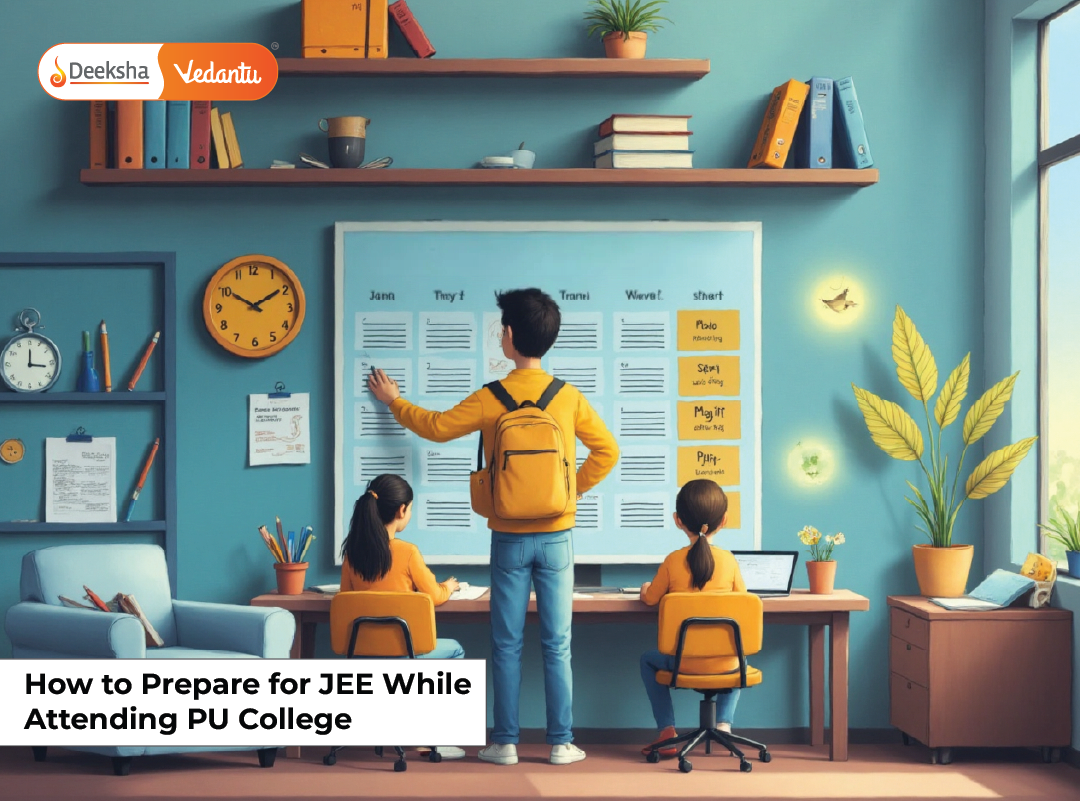


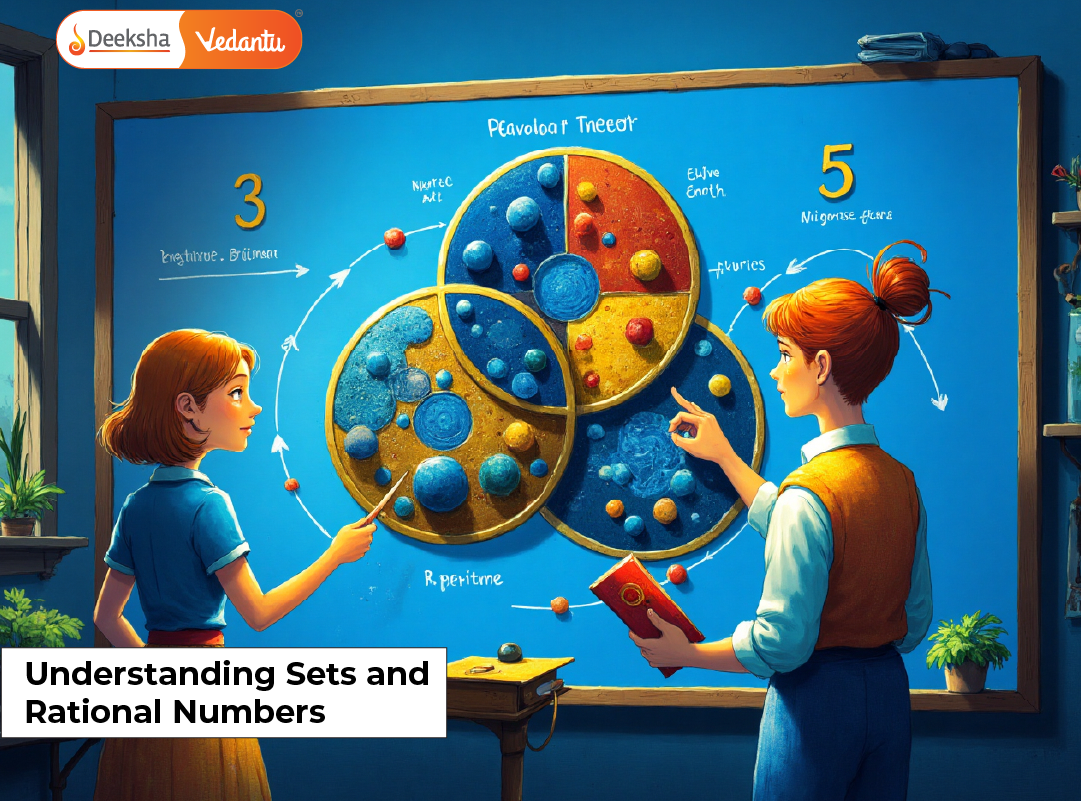

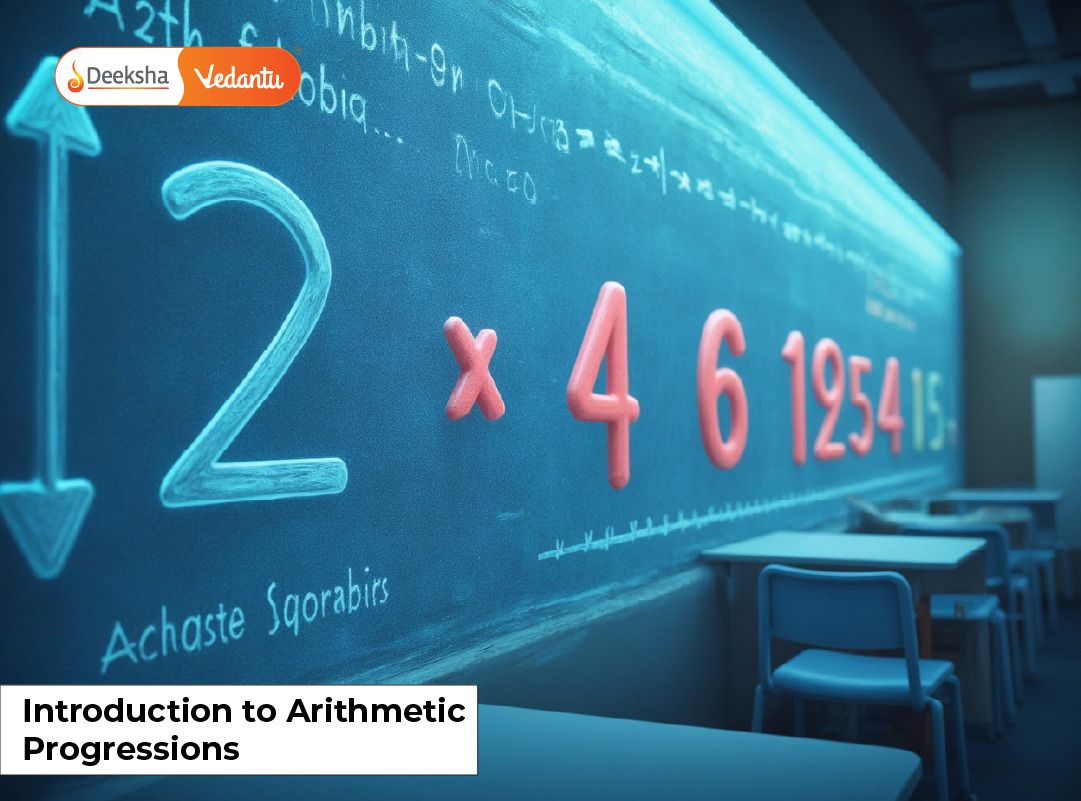
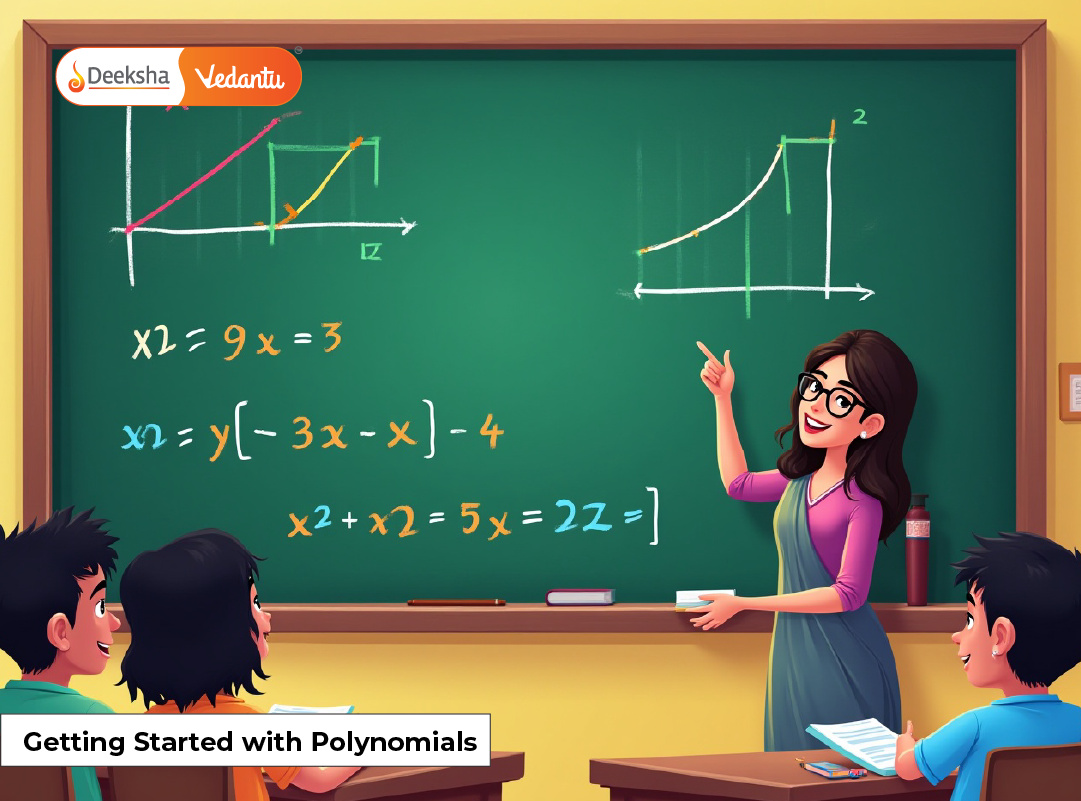
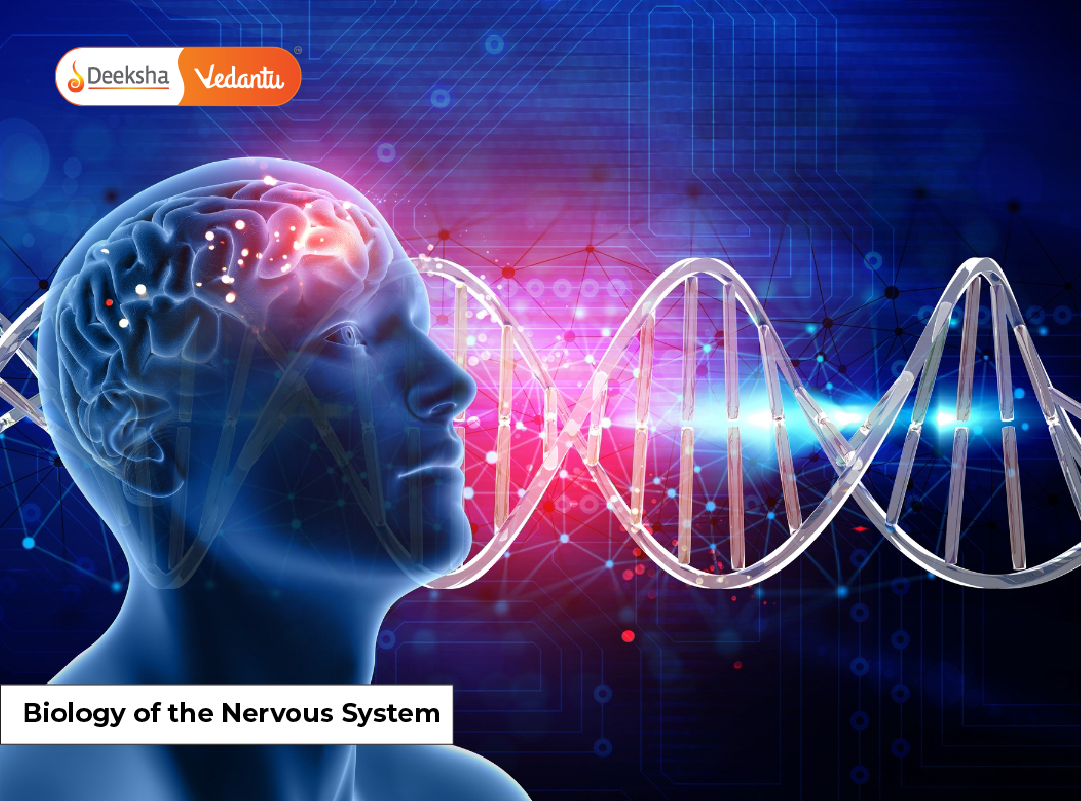
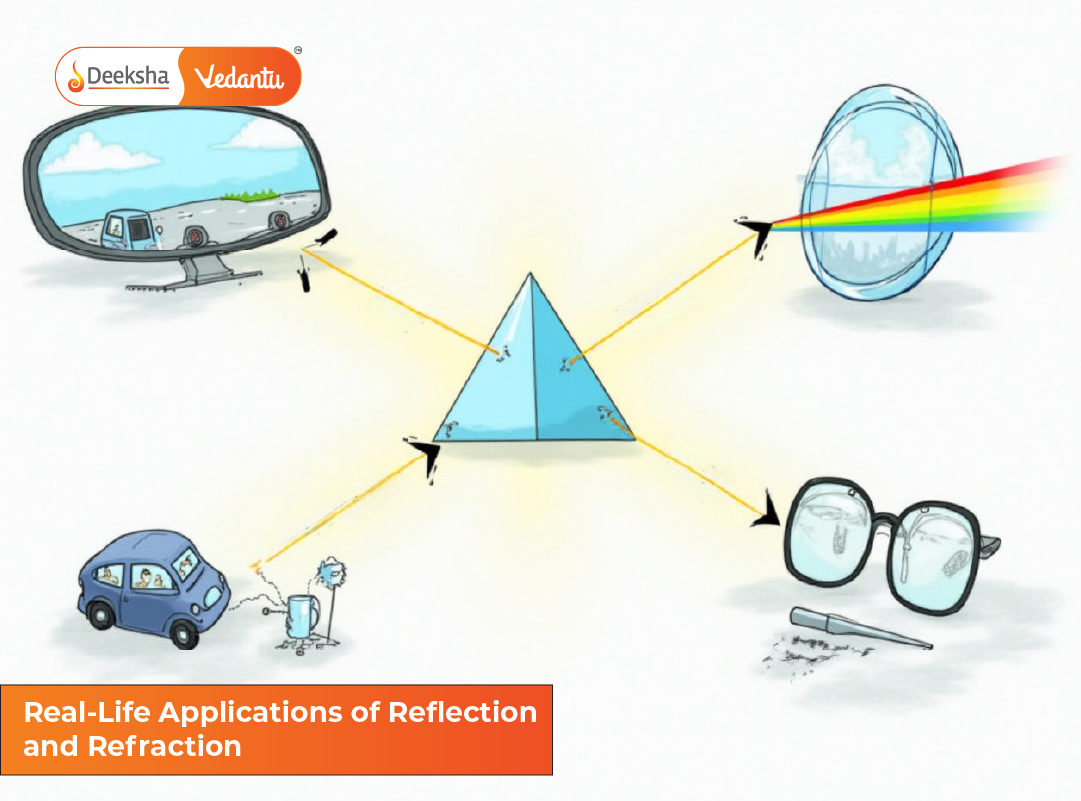
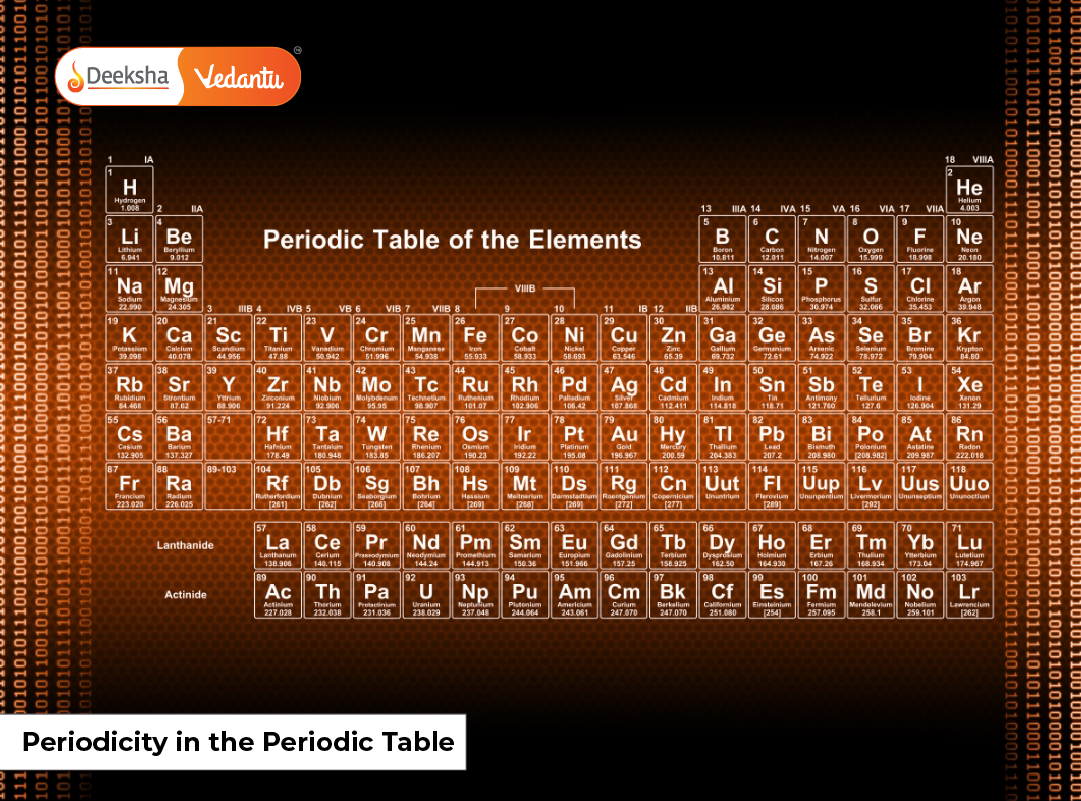



Get Social